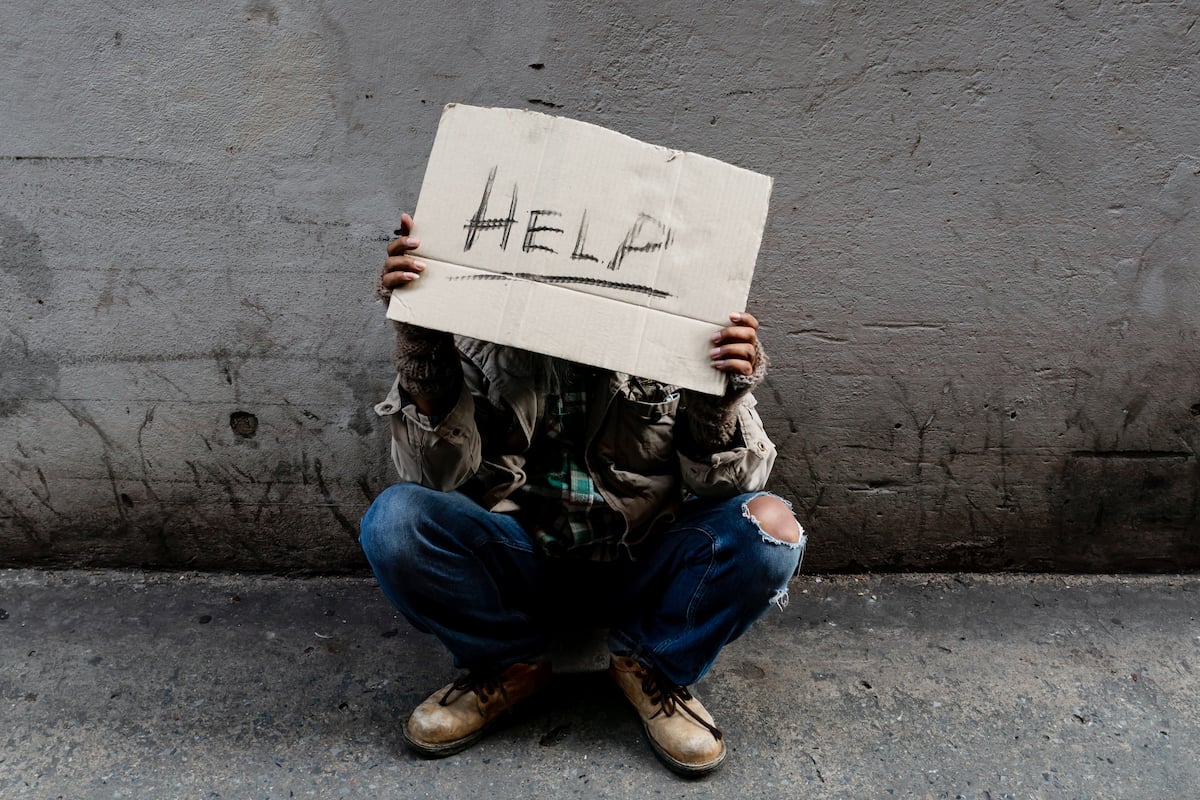Florida’s new law effectively criminalizing homelessness, which took effect on October 1, is a malicious legal codification of a cruel and dehumanizing approach to a wildly complex, multifaceted societal problem that plagues the nation.
Rather than meeting the issue where the ‘rubber meets the road,’ so to speak, and addressing the root causes of homelessness, the state of Florida has presented an immoral and draconian measure that punishes the unhoused for their family and economic circumstances, exacerbating their embarrassment and suffering. The law, championed by Republican Governor Ron DeSantis, is part of a nasty right-wing agenda seeking to consistently scapegoat, penalize poverty and marginalize vulnerable populations.
What the Florida new homelessness law is
Under the new statute, it is now illegal for individuals to sleep on sidewalks, in parks, or other public spaces across Florida. Local governments are mandated to enforce this gross ban, with residents and businesses empowered to actually sue municipalities that fail to comply starting January 1, 2025. This approach criminalizes the act of being homeless—putting the vulnerable directly in police crosshairs in what will produce the furthering of a nasty power dynamic. It simultaneously places a near-impossible burden, in all directions, on cities and counties already struggling to address a growing crisis that has no real fix short of significant financial and time investment from the federal down to the municipal level.
What the law’s impact will be
Florida has seen one of the largest increases in homelessness nationwide in recent years—an 18.5% jump from 2022 to 2023, according to HUD’s Annual Homelessness Assessment Report. However, the surge, as in some other states, is largely attributed to fast-rising housing costs mostly due to the lack of suitable supply for middle and low-income housing. So, DeSantis and the state are refusing to tend first to the actual problem for which this new law would do nothing to address. Instead, it aggressively marginalizes those already struggling to survive, almost as if the state had been plotting on the unhoused.
The barbarity will be particularly evident in its likely impact on veterans, who make up disproportionate segments of the homeless population in the country and the state. In fact, Florida has the third-largest veteran population but ranks among the five worst states for veteran homelessness. By criminalizing homelessness, the state is effectively placing those who have served their country in overlapping layers of jeopardy, including those especially those struggling with mental health issues and PTSD from deployments.
Comparisons with other U.S. cities that have implemented similarly callous and lazy measures reveal this approach’s utter futility and harm. In Los Angeles, for example, anti-camping laws shuffle homeless individuals from one area to another, doing next to nothing to address the underlying issues. These laws lead to the destruction of personal property, run-of-the-mill gentrification/hypergentrification, hyper-mobility of homeless children in schools, and create additional barriers for individuals trying to escape homelessness.
Criminalizing homelessness is also fiscally irresponsible, creating a few unique issues. First, the state is effectively not only throwing the homeless at the feet of the city or town but essentially at the school districts and the large and small businesses in those locations. Studies have consistently shown that providing housing and supportive services is much more cost-effective than simply cycling individuals through the criminal justice system—worsening their situations relating to potential housing and employment. The National Alliance to End Homelessness estimates that chronic homelessness costs taxpayers an average of $35,578 per person annually, while the cost of providing housing and supportive services is around $12,800.
The DeSantis-supported Florida law is part of a broader MAGA/right-wing agenda that seeks to punish people for being poor, which (inevitably) disproportionately affects minority communities. Black and Hispanic individuals are overrepresented in the homeless population due to various systemic inequalities, and this law will only aggravate these disparities.
And there are models of success available, specifically with solutions similar to well-researched Housing First programs—that DeSantis evidently ignored. Houston, for example, has seen significant reductions in homelessness by adopting its model, coupled with robust support services without the heavy bureaucracy. Florida’s approach will not only violate basic human rights and ethics but also perpetuate a violent cycle that will be costly to all Floridians—whether most of them know it or not—both in human and economic terms.










Published: Oct 3, 2024 03:31 pm